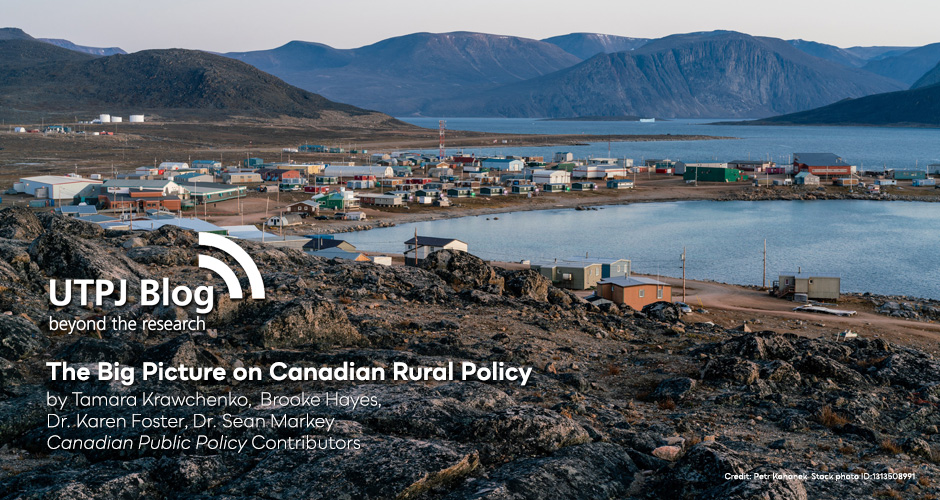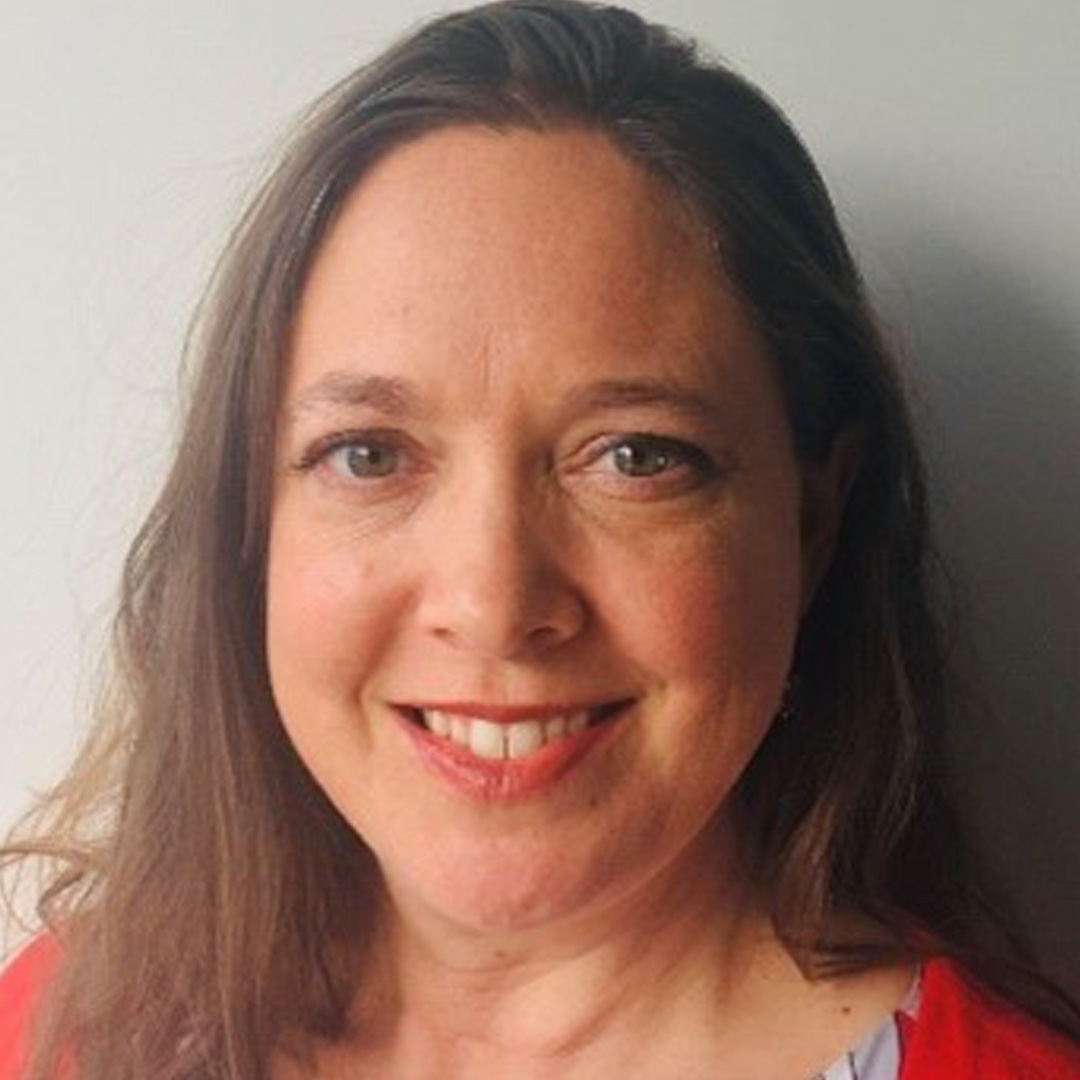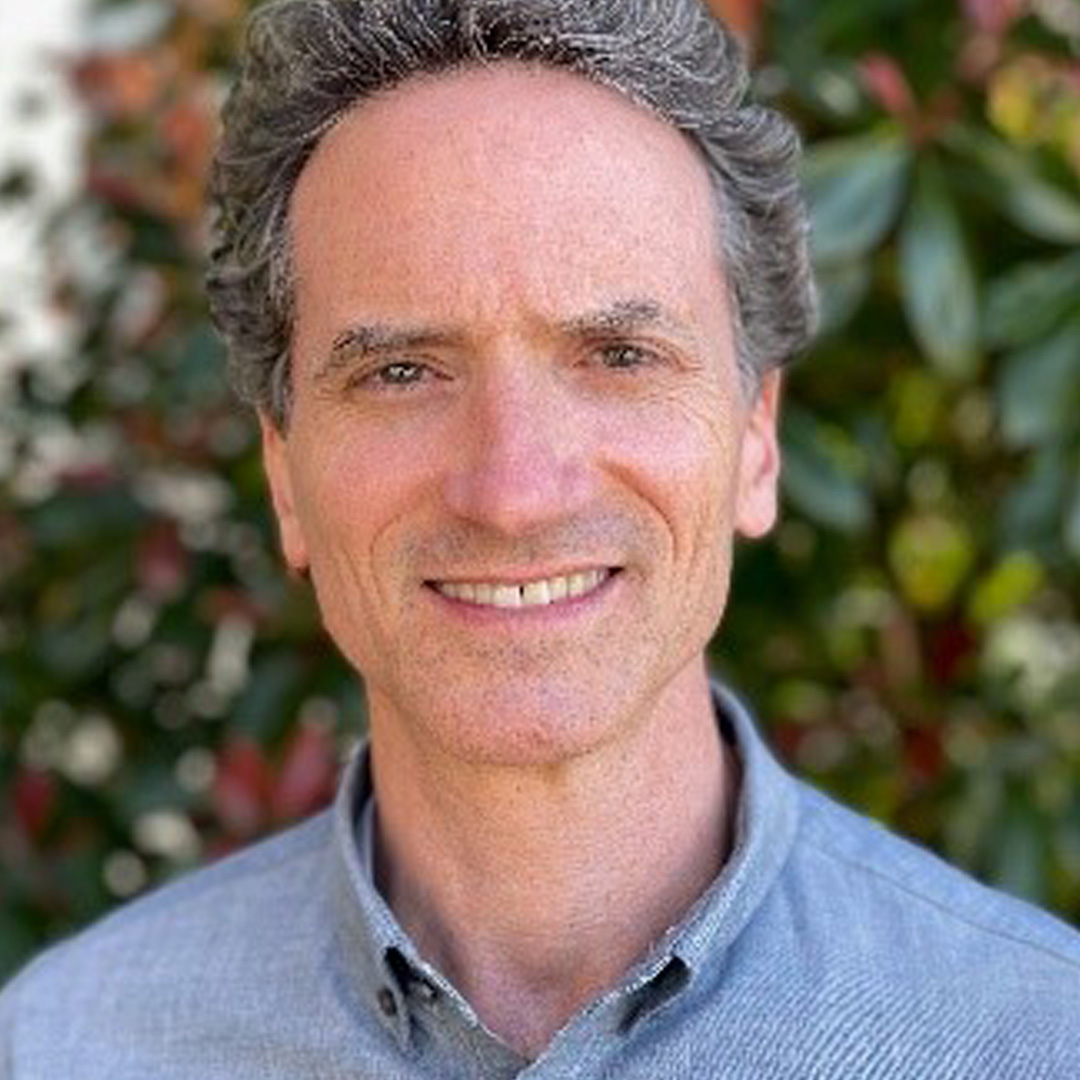
Rural communities loom large in the Canadian imaginary. As our great green places and the frozen north, rural and remote Canada is vast and diverse. Unfortunately, this imagined rural fails to capture the true diversity and dynamism across rural Canada. Colonial perceptions of vast, uninhabited space or a false urban bias of rural decline shape both public and policy perceptions of Canadian rural and Indigenous places. There is a rich Canadian scholarship that describes the nature of rural and Indigenous communities and the types of challenges and opportunities that they face alongside shifts in general policy approaches over time. What has been missing is a big picture view of how governments are directing policies to rural places—how they are conceived of and included (or not) in policy interventions. Our just-released study fills this gap through a content analysis of provincial and territorial government strategies plans and programmes for rural areas. There are a number of key findings.
First, our analysis reveals that targeted approaches for rural economic development are rare. Rural priorities and opportunities are often absent within the broad sector-oriented approaches that consider provincial or territorial needs.
Second, policy interventions related to natural resources, energy, climate and agriculture almost universally ignore opportunities for rural economic development. For example, of the 33 agricultural approaches assessed across all regions, only seven were identified as having high rural content.
Third, opportunities for rural tourism are missing from policy interventions in almost all regions. Tourism strategies across all regions (except Nunavut) are silent on rural needs and opportunities, and only a few tourism programmes target rural communities.
Fourth, innovation policies rarely include rural priorities or opportunities anywhere in the country. Innovation activities tend to be oriented to specific sectors as incentive approaches to support economies in transition. Only Quebec offers a regional approach to innovation.
Finally, while our research points to a lot of deficiencies in rural policy approaches, it also identifies leading practices. The Yukon, Northwest and Nunavut territories have a disproportionately high number of interventions that impact rural areas relative to their population. These three regions collectively contributed 22% of the plans, programmes and strategies reviewed and direct attention and resources to high quality rural priorities integrated in virtually all subject areas.
Around one in five Canadians live in rural areas, many of whom are Indigenous and these areas contribute over a quarter of Canada’s GDP. The structure of rural and remote economies shapes relationships between the ‘core’ and ‘periphery’. Extractive economies such as mining, oil and gas and forestry, can also manifest as extractive policies and relationships. The wellbeing and inclusion of rural and remote communities is vital. We hope our study helps to shape a more accurate picture of the dynamism and potential of rural and Indigenous places.
 Tamara Krawchenko is an assistant professor of public administration at the University of Victoria and Associate Director of the Institute for Integrated Energy Systems. She is an expert in comparative public policy and regional development.
Tamara Krawchenko is an assistant professor of public administration at the University of Victoria and Associate Director of the Institute for Integrated Energy Systems. She is an expert in comparative public policy and regional development.
 Brooke Hayes is a PhD student in Environmental Studies at the University of Victoria and manages the EcoSoil Lab of the Ecogastronomy Group. She brings twenty years of experience working with six ministries in the BC public service to the intersection of soil science, farmer health and climate adaptation in communities and ecosystems.
Brooke Hayes is a PhD student in Environmental Studies at the University of Victoria and manages the EcoSoil Lab of the Ecogastronomy Group. She brings twenty years of experience working with six ministries in the BC public service to the intersection of soil science, farmer health and climate adaptation in communities and ecosystems.
 Dr. Karen Foster is the Associate Dean Research of the Faculty of Arts and Social Sciences at Dalhousie University, Associate Professor in the Department of Sociology and Social Anthropology and Canada Research Chair in Sustainable Rural Futures for Atlantic Canada. Her research and writing spans the sociology of work, rural sociology, political economy, and historical sociology.
Dr. Karen Foster is the Associate Dean Research of the Faculty of Arts and Social Sciences at Dalhousie University, Associate Professor in the Department of Sociology and Social Anthropology and Canada Research Chair in Sustainable Rural Futures for Atlantic Canada. Her research and writing spans the sociology of work, rural sociology, political economy, and historical sociology.
 Dr. Sean Markey is the Director of the School of Resource and Environmental Management (REM) at Simon Fraser University. Sean’s research concerns issues of local and regional economic development, rural and small-town development, and sustainable planning and infrastructure.
Dr. Sean Markey is the Director of the School of Resource and Environmental Management (REM) at Simon Fraser University. Sean’s research concerns issues of local and regional economic development, rural and small-town development, and sustainable planning and infrastructure.
“What Are Contemporary Rural Development Policies? A Pan-Canadian Content Analysis of Government Strategies, Plans, and Programs for Rural Areas” was published in Volume 49, Issue 3 of Canadian Public Policy.
Comments on this entry are closed.